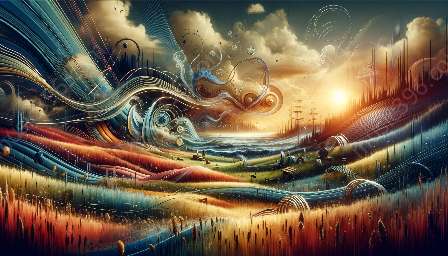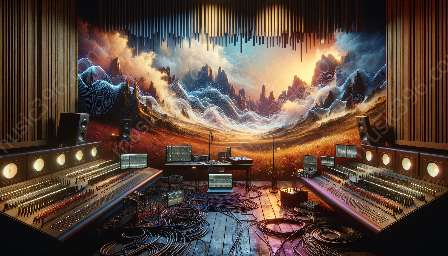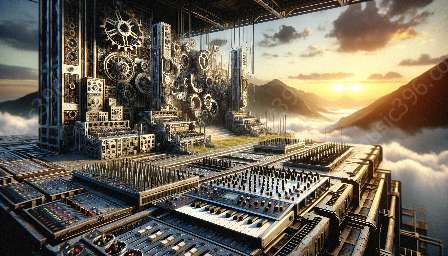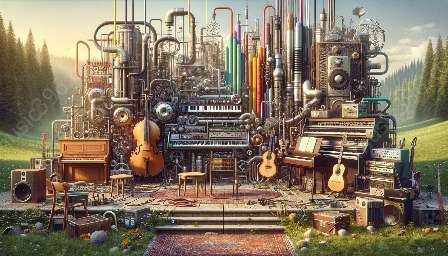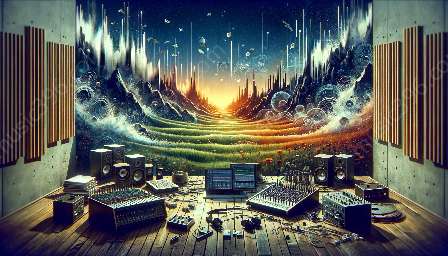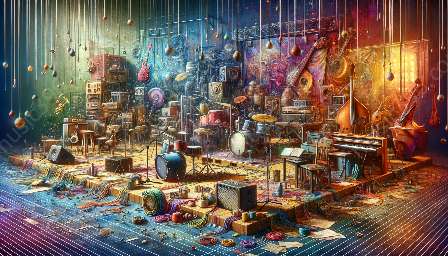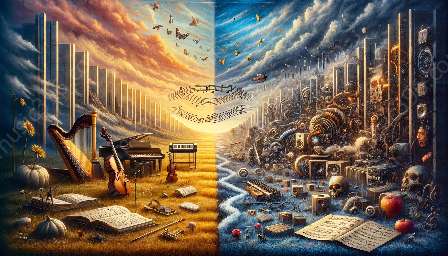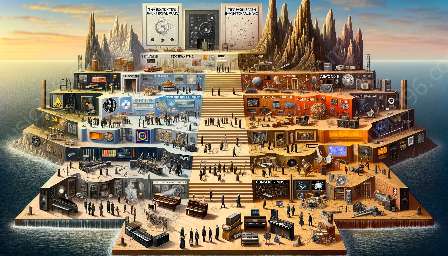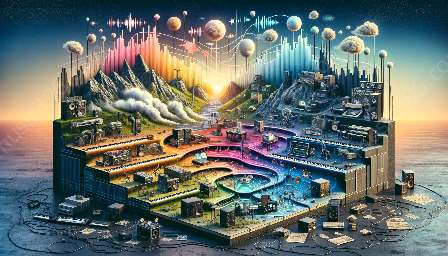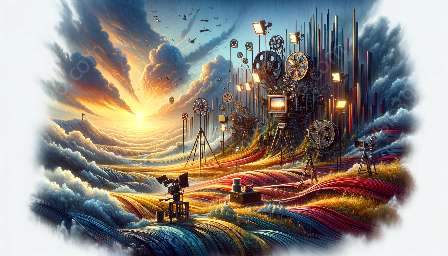Traditional music structures have long been the foundation of cultural identity and artistic expression, embodying the essence of a particular community, region, or heritage. These structures, rooted in history and tradition, serve as a repository of collective experience, emotions, and storytelling within a cultural context.
Traditional Music Structures vs. Experimental Music
The emergence of experimental music has led to a reevaluation of traditional music structures. Experimentation in music involves the exploration and manipulation of the conventional elements of music, such as melody, harmony, rhythm, and instrumentation. This exploration often pushes the boundaries of what is considered acceptable or traditional in music composition.
Traditional music structures are characterized by established patterns, arrangements, and compositions that have endured over time. They are deeply ingrained in the cultural and historical fabric of a society. On the other hand, experimental music structures represent a departure from these established norms, embracing innovation, improvisation, and non-conformity. This dichotomy between tradition and innovation raises thought-provoking philosophical questions about the nature of musical expression and creativity.
Interplay of Tradition and Innovation
Experimenting with traditional music structures introduces a fascinating interplay between the preservation of heritage and the pursuit of creative evolution. It prompts us to examine the role of tradition in shaping artistic endeavors while challenging established norms. This interplay offers a platform for musicians and composers to engage in a dialogue between the past and the present, infusing tradition with contemporary sensibilities.
To delve into the philosophical implications of this interplay, one must consider the fluid nature of culture and the evolution of artistic expression. Traditional music, when approached experimentally, can serve as a vehicle for cultural reimagining, allowing artists to breathe new life into established forms while preserving their essential character.
Industrial Music: A Fusion of Experimentation and Tradition
Industrial music represents a genre that exemplifies the fusion of experimental and traditional elements. It incorporates unorthodox sound production techniques, electronic manipulation, and unconventional instrumentation, while often drawing inspiration from traditional music structures and themes. This fusion holds profound philosophical implications as it challenges the boundaries of musical categorization and demonstrates the transformative power of creative synthesis.
The industrial music genre blurs the lines between experimentation and tradition, transcending conventional definitions of musical styles by embracing a diverse range of influences. By melding the raw energy of industrial sounds with traditional musical motifs, industrial music exemplifies the philosophical ambiguity inherent in the intersection of tradition and experimentation.
As we reflect on the philosophical implications of experimenting with traditional music structures, it becomes apparent that the dynamic relationship between tradition and innovation is central to the evolution of musical expression. This exploration not only broadens our understanding of the cultural significance of music but also challenges us to embrace the richness of tradition while embarking on innovative artistic endeavors.








